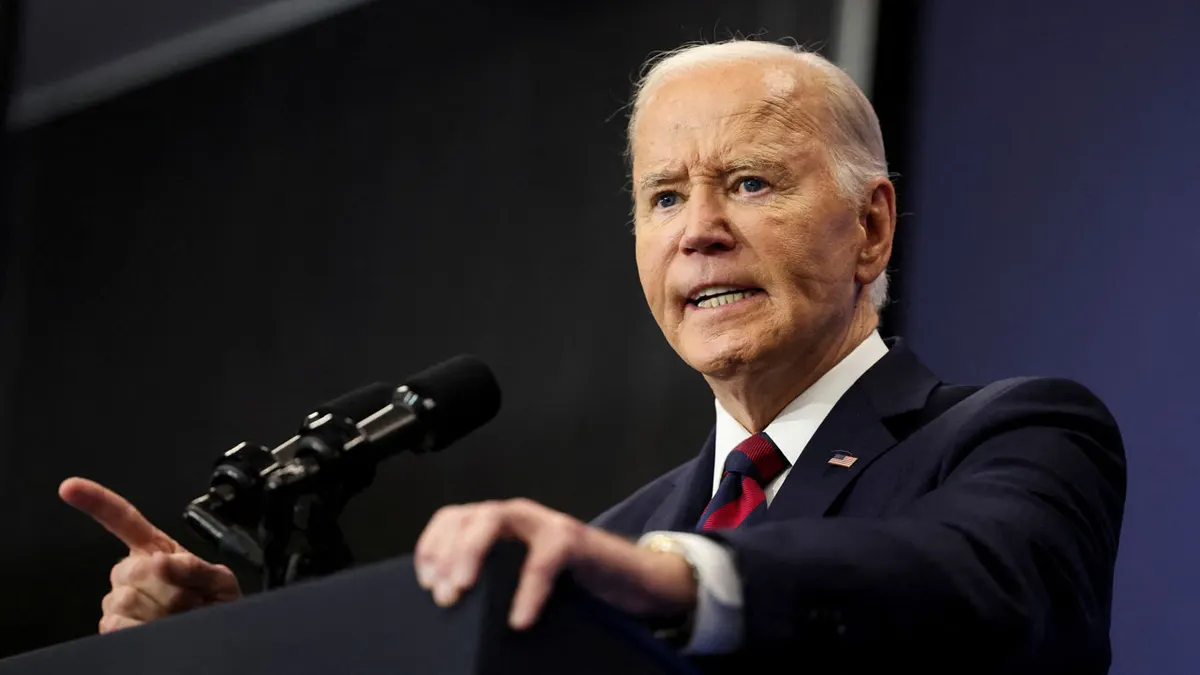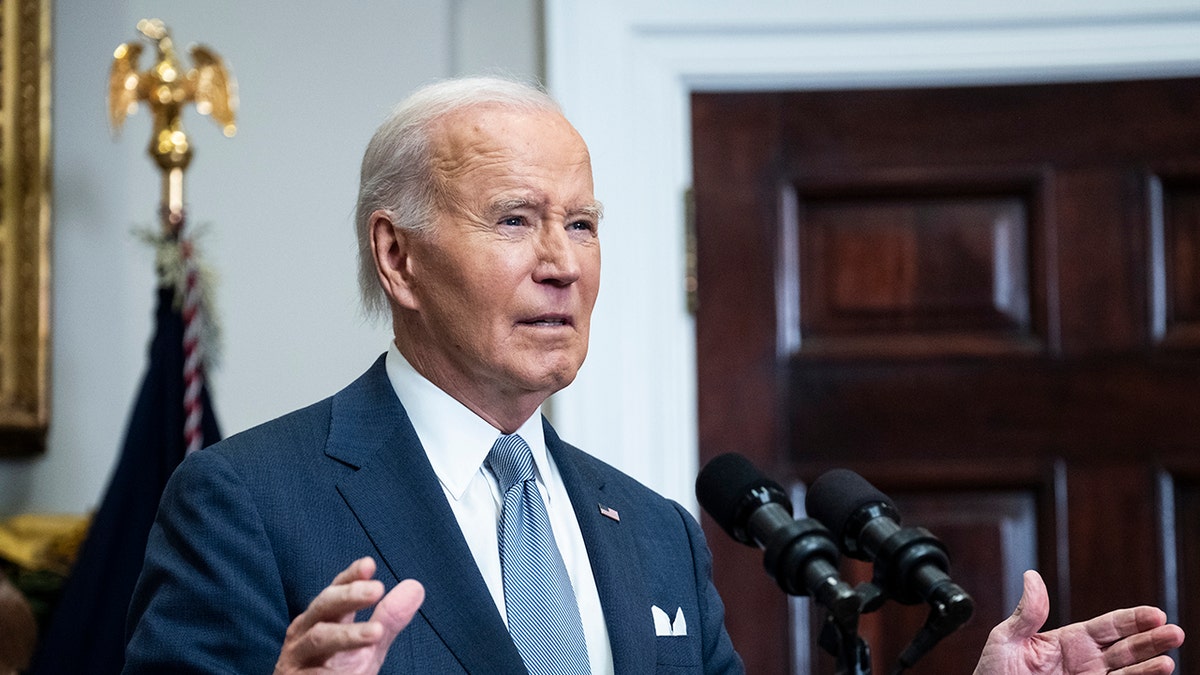President Biden recently vetoed a bipartisan bill that would have gradually added 66 federal district judgeships over the next decade. This move has ignited political controversy, with critics arguing that the decision is politically motivated. The legislation, designed to prevent either political party from gaining an advantage in shaping the federal judiciary, had garnered support from various legal organizations, including those representing judges and attorneys.
Proponents of the bill emphasized the need for additional judgeships to address significant case backlogs and improve access to justice. However, the White House justified the veto, citing concerns about the House of Representatives' "hurried action" and unresolved questions regarding the allocation of the new judgeships. Biden also stressed the importance of thoroughly examining the impact of senior status and magistrate judges on the need for new judicial positions before creating permanent, life-tenured roles.

President Biden delivers remarks on the economy at the Brookings Institution in Washington, D.C. (Reuters/Kevin Lamarque/File Photo)
Furthermore, Biden raised concerns about creating judgeships in states where existing vacancies remain unfilled, suggesting that the bill's true motivation might not be solely focused on judicial efficiency and caseload management. This veto effectively halts the legislation's progress in the current Congress, requiring a two-thirds majority in both the House and Senate to overturn it. The House vote fell significantly short of this threshold.

The White House announced the veto of the bill. (Pete Marovich/Getty Images, File)
Senator John Kennedy (R-La.) criticized the veto, suggesting it was a political maneuver by the Biden administration to prevent a Republican administration from appointing some of the judges. He urged the administration to prioritize the country's needs over political considerations. The bill had passed unanimously in the Senate under Democratic control in August. However, the Republican-led House only brought it to the floor after Trump's reelection, raising concerns about political maneuvering.

Overturning the veto requires a significant majority in both chambers, a hurdle that appears unlikely given the current political climate. The Associated Press contributed to this report.
Comments(0)
Top Comments